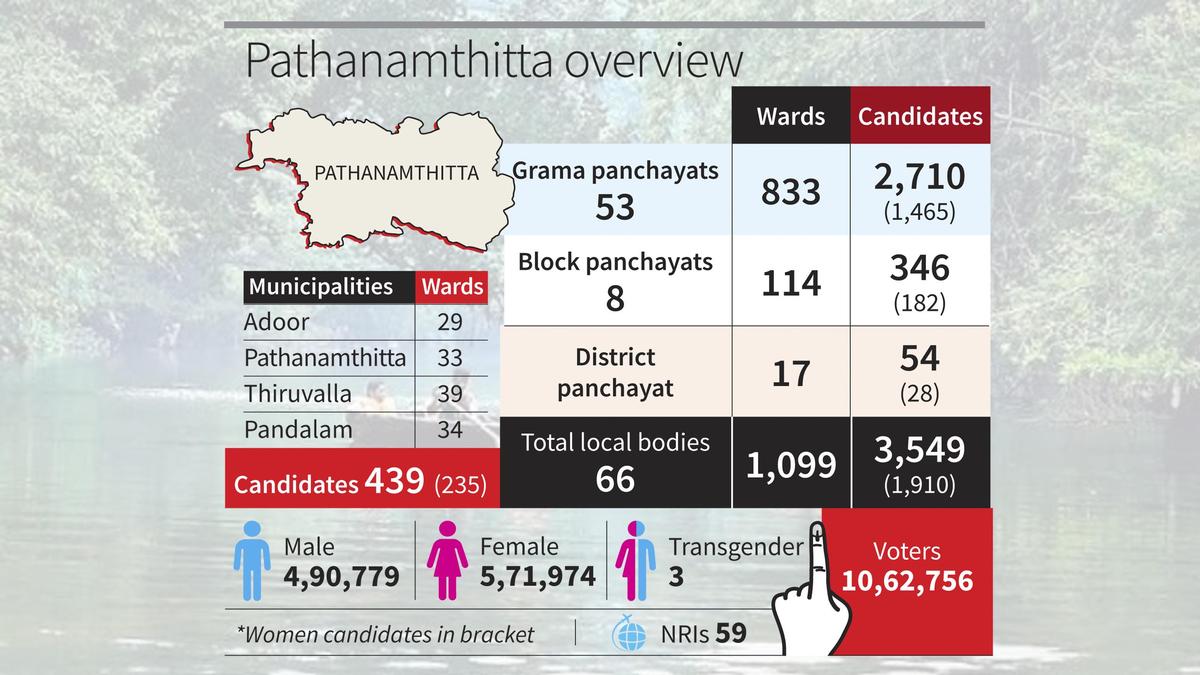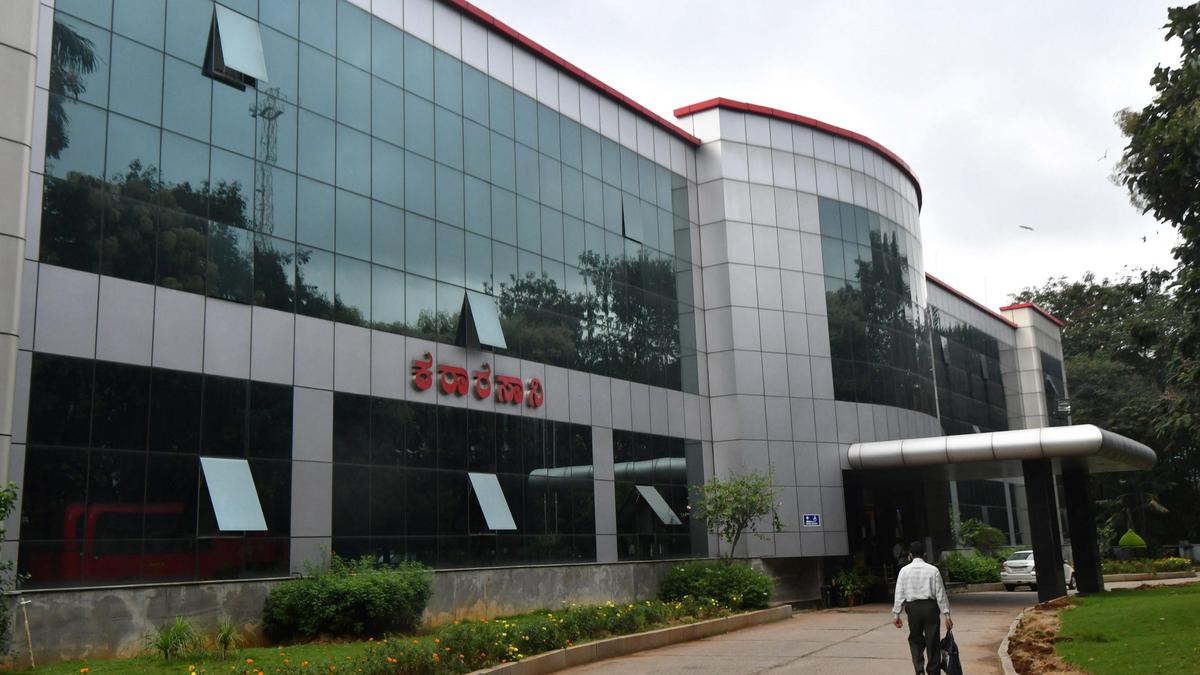Deciphering Foreign Interference: Understanding the Global Threat to Elections
The issue of foreign interference in elections has become increasingly prevalent in recent years, posing a significant threat to democratic processes worldwide. This blog delves into the various forms of foreign interference, its impact on democracies, and potential approaches to mitigate this growing challenge.
Understanding the Landscape:
- Defining Interference: This blog clarifies the different forms of foreign interference, including cyberattacks, disinformation campaigns, financial influence, and covert operations.
- Global Context: Examining examples of foreign interference in various countries helps paint a broader picture of this global phenomenon.
- Impact on Democracies: Assessing the potential consequences of foreign interference on democratic institutions, such as public trust, electoral integrity, and national security, is crucial.
Exploring the Strategies:
- Cybersecurity Measures: Strengthening cybersecurity infrastructure and promoting digital literacy can help combat cyberattacks and disinformation campaigns.
- Transparency and Fact-Checking: Fostering a culture of transparency and encouraging fact-checking initiatives can counter misinformation and promote informed public discourse.
- International Collaboration: Enhancing international cooperation and information sharing between countries can strengthen collective efforts to counter foreign interference.
A Call to Action:
- Individual Responsibility: Recognizing the role individuals play in critically evaluating information and avoiding sharing unverified content is crucial.
- Supporting Democratic Institutions: Engaging with and strengthening democratic institutions at various levels empowers them to counter foreign interference effectively.
- Promoting Open dialogue: Fostering open and respectful dialogue about the challenges of foreign interference can lead to informed solutions and stronger democratic processes.





